US-China sanctions have intensified recently as the U.S. Treasury Department has now targeted over 20 companies that are part of a network sending Iranian oil to China. These measures, announced just this week, are currently impacting global supply chain risks and also creating a kind of regulatory uncertainty for many investors and companies alike.
Also Read: Want to Meet the President? TRUMP Coin Trader Claims It’ll Cost You Just $1,200
Chinese Companies Sanctioned Over Iran, Risks for Supply Chains

In the official announcement, Treasury Secretary Scott Bessent stated:
“The United States will continue targeting this primary source of revenue, so long as the regime continues its support for terrorism and proliferation of deadly weapons.”
Key Stocks Affected by US-China Sanctions
At the time of writing, four major stocks are experiencing some significant impacts from these Chinese companies sanctions:
1. Apple.Inc (AAPL)
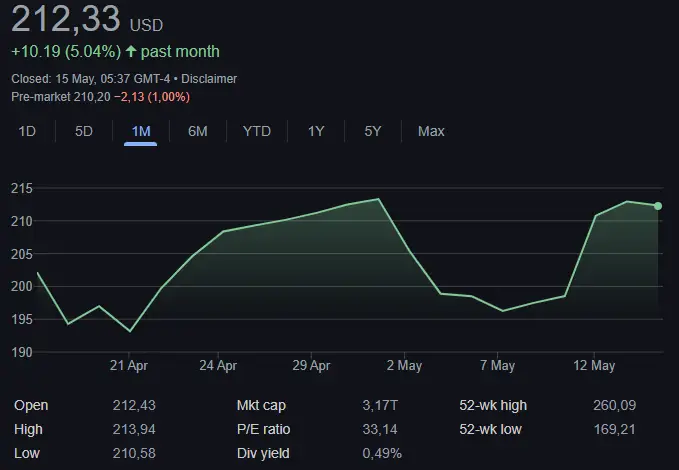
AAPL, which relies heavily on Hong Kong firms and mainland suppliers for various parts, might need to find alternative sourcing that could potentially take months or even longer to fully implement.
2. Nvidia Corporation (NVDA)
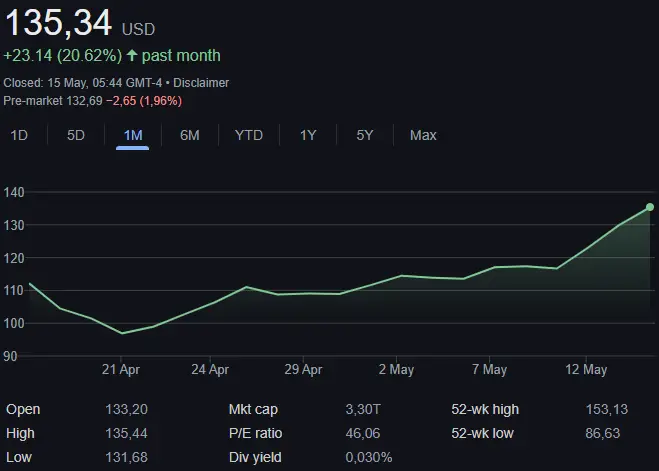
NVDA typically requires components from various Chinese suppliers for its graphics processing units, which is creating a certain vulnerability to the export controls that are being imposed.
3. Semiconductor Manufacturing International Corporation (SMIC)
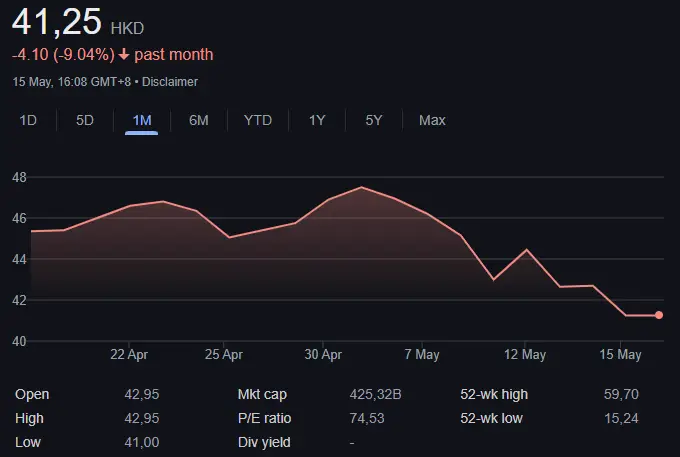
SMIC is currently facing potential disruptions to their chip manufacturing as the US-China sanctions essentially limit their access to American technology and components.
4. Yangtze Memory Technologies Co. (YMTC)
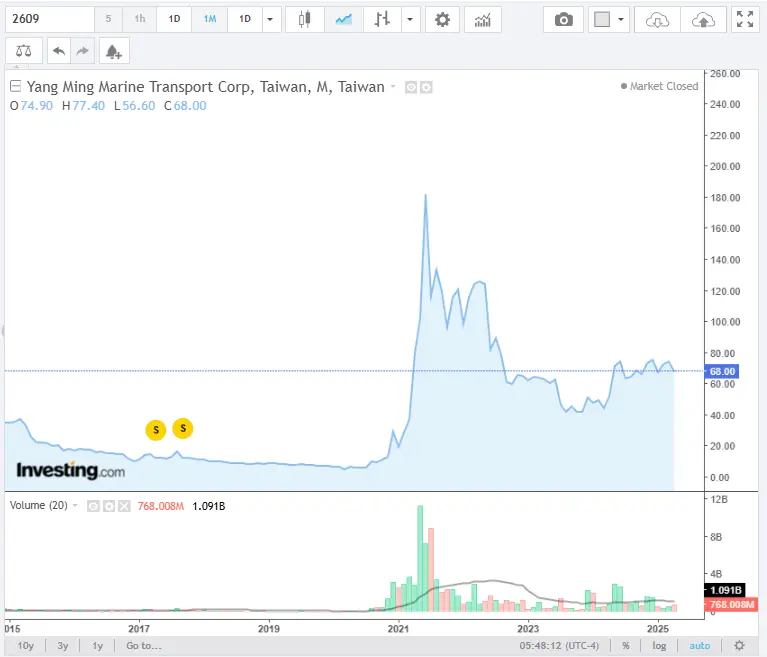
YMTC‘s production of NAND flash memory chips is being threatened right now, which is further complicating its global supply chain risks and manufacturing capabilities.
Also Read: AI Sets Bitcoin (BTC) & Dogecoin (DOGE) Price For May 20, 2025
Legal Expert Assessment
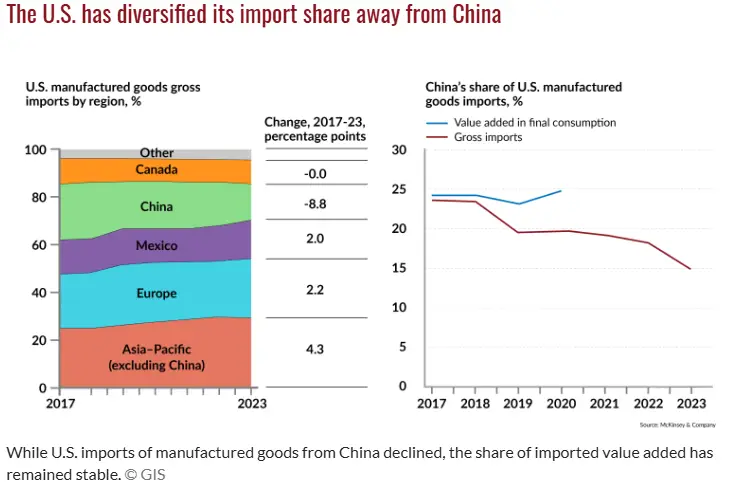
An expert on sanctions law, Jeremy Paner, who is a partner at Hughes Hubbard & Reed and also a former Treasury Department sanctions investigator, had this to say:
“I believe today’s actions are more about triangulation by exerting pressure on China to convince Iran to accept a deal. Chinese banks have a relatively sophisticated understanding of how U.S. sanctions work. They know their risk exposure is quite high if they continue to bank companies sanctioned under the counterterrorism authority.”
These US-China sanctions are in many ways connected to Iran’s missile program, which is adding an extra layer of complexity to the already strained relations between the global superpowers and their economic partnerships.
Also Read: BRICS Erodes Trust in the US Dollar
The sanctions on Chinese companies specifically target firms such as CCIC Singapore PTE for concealing the Iranian oil origins, and this is creating significant supply chain risks for technology manufacturers who are dependent on various components from the sanctioned entities and their business partners.






